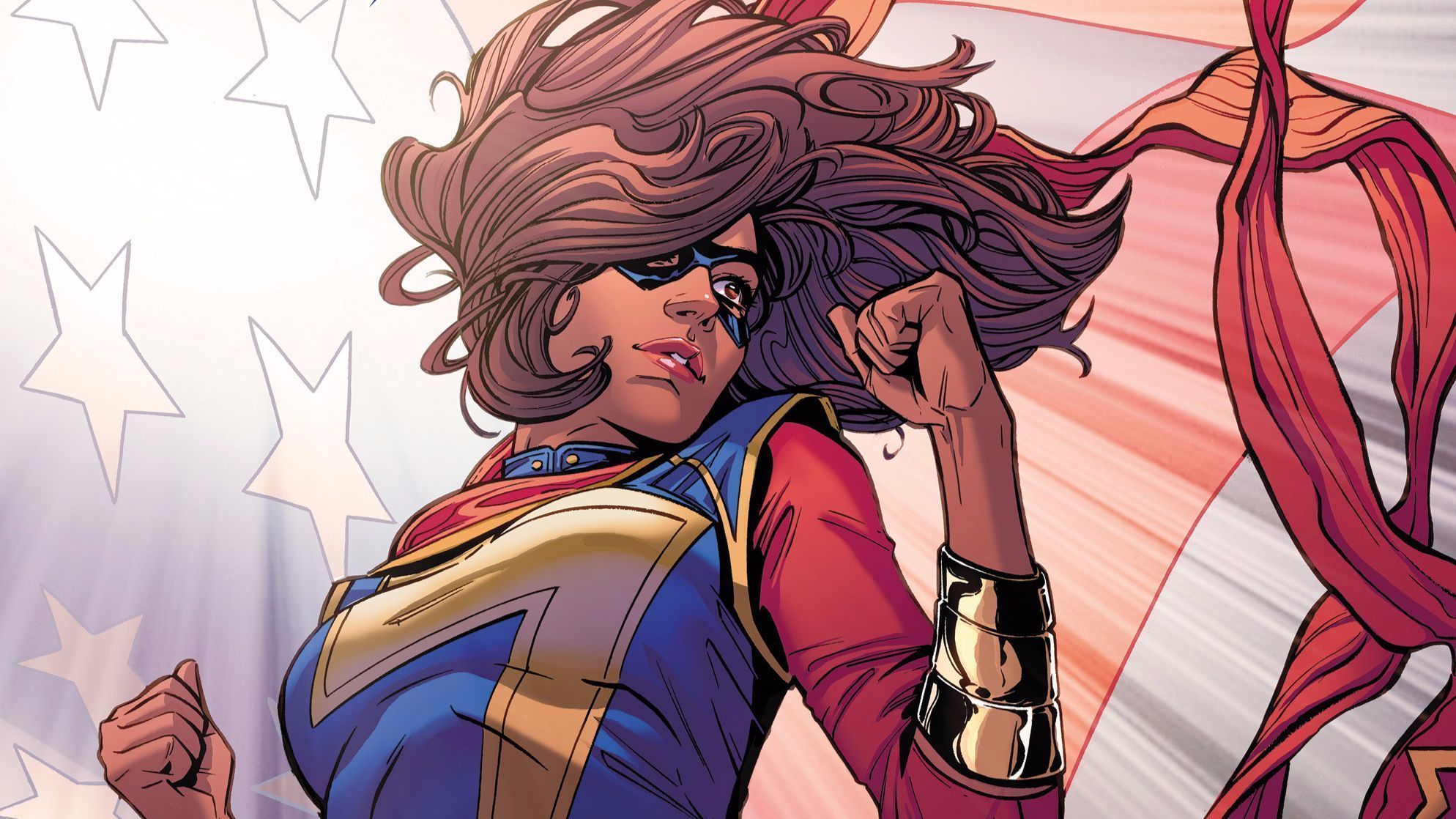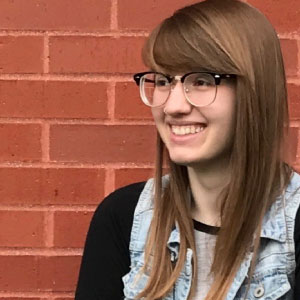As of 2015, around 3.3 million Muslims called the United States home. According to demographic projections from Pew Research, that number may double by 2050, surpassing the number of Americans that identify as Jewish and becoming the second-largest faith group in the U.S. Pew Research also conducted an interesting survey in which they asked groups of Americans to rate other religions on a “feelings thermometer” from one to one hundred. On average, Republicans gave Muslims a thirty-nine, and Democrats gave them a fifty-six.
Since it is a vast and diverse religion among its believers, it’s hard to pin down the specifics of what all Muslims believe, just as it is with Christians. In rural America, sometimes there are more church denominations than there are people. But, because of terrorist attacks and extremists, Muslims have largely been received, and depicted, negatively in United States culture. Surprisingly, one of the most positive depictions of a Muslim comes to us from the world of comic books.
For a little background, the role of Ms. Marvel was originally filled by scantily clad Carol Danvers. Since then, Danvers has flown on to bigger and better things, now filling the role of Captain Marvel, cutting off her long blonde locks and wearing a sensible outfit. But in the absence of Danvers came Kamala Khan, a Muslim teenager growing up in Jersey City, to fill the role.
Now, it’s going to get nerdy here for a second, so hold on tight.
After the huge and complicated Terrigen Mist descended on the world—a major comic book event—select people everywhere suddenly found themselves imbued with powers. After sneaking out of her house to a party and getting caught in the mist, Khan finds herself able to shift and transform her body. After accidentally shifting into her favorite hero, Ms. Marvel—the perfect, blonde American superhero—in order to save a classmate from drowning, Khan stumbles into the world of super heroism, taking up the mantle of Ms. Marvel, though eventually growing comfortable enough in her own skin to stop shifting into the former Ms. Marvel.
The current run of “Ms. Marvel” comics follows the classic comic formula: Khan is just a normal teenager, with hopes and dreams and friends and family, trying to balance it all with saving the world. Except, in Khan’s case, she has a backstory that no other popular hero does: Her family is Muslim. Religion has always played an undercover role in comics, though most times it is hard to pick out. In Khan’s case, however, readers see her faith play out in tangible ways throughout the comic. In fact, in the very first panel of the comic, Kamala sniffs at a stack of bacon, waxing about her desire to try it, but how her religious beliefs prevent her.
In some of the smaller ways of integration, the Muslim characters in the comic often speak in their native language interspersed with their English dialogue, almost always with translations at the bottom of the page. The maxims and snippets point to some of the most important values in their culture, primarily used in reference to traditions and family values, and helps readers to see this kind of interaction—one that blends cultures—as a norm, not an oddity.
As far as her family goes, Kamala’s brother Aamir is very conservative, even getting comically criticized by their father for praying too much in order to get out of finding a job. Kamala’s father has high hopes for her, wanting her to be successful in her studies in order to go on to be a doctor, which is actually a phenomenon fairly common in immigrant families. There are specificities unique to an immigrant Muslim family, but also components that demonstrate a lot more similarities than readers might think.

And since Kamala isn’t the only Muslim featured in the comic, the burden of representing an entire religion isn’t solely heaped upon her shoulders, which, in many ways, demonstrates an important aspect of her character. Kamala is still, at her core, just a teenager trying to fit in.
In today’s world, being Muslim already makes it harder to find a niche, but add superpowers to that formula, and it’s easy to see why she can’t quite figure out how to balance living in this new, progressive world with her family’s religion and traditions, a concept that one of the series’ writers, G. Willow Wilson, a Muslim herself, wanted to emphasize. In fact, “The Atlantic” even published a piece praising Ms. Marvel for her relatability, despite her immediate differences from the average reader.
Countless other examples of faith integration fill the pages of every “Ms. Marvel” issue, but at the end of the day, why is this representation so important? Well, the statistics presented in the beginning of this article indicate the importance of representation for a growing population in general. Often, many groups in our country don’t see themselves reflected in the media, since it’s largely dominated by one race and one gender.
On a more important note, the representation of Muslims rarely comes out positively. This video, tweeted out by director Ava DuVernay and making the rounds on Twitter, details some of the type-casting Muslims deal with—from terrorist to submissive wife and everything in between—along with the fact that six in ten Americans don’t personally know a Muslim, so media plays a large role in their understanding of the people and culture.
Similar representation issues are common for other minorities, giving rise to the #OscarsSoWhite movement in response to the 2016 Academy Awards. How groups are depicted in movies and television plays into how others perceive them and how they perceive themselves. Encouraging and supporting the platforms and people that advocate for different angles of representation is important in forming a truly accepting and, at the very least, open-minded community, especially in a country known for being the melting pot.














